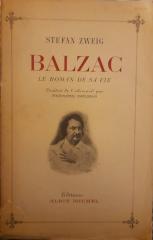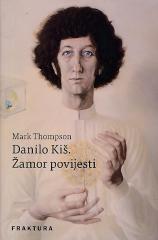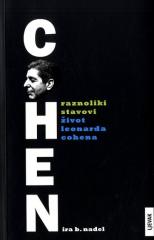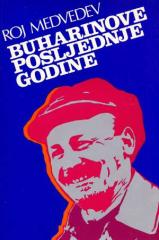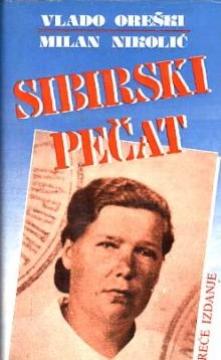
Sibirski pečat
Memoirs of Agata Oreški (1906-1991), a Croatian revolutionary and the only woman from Yugoslavia to survive Stalin's concentration camps. The book was compiled by her son Vlado Oreški and Milan Nikolić, with a foreword by Slavko Goldstein.
The book provides testimony about the eight-year ordeal in the Soviet gulags from 1937 to 1945, during the Great Purge. In 1935, the Central Committee of the Communist Party of Yugoslavia, at the suggestion of Josip Broz Tito, sent Agata – the widow of the murdered SKOJ secretary Mijo Oreški – with her 8-year-old son Vladimir to the USSR, to escape persecution and poverty in the Kingdom of Yugoslavia. Instead of safety, Agata fell into Stalin's terror: the NKVD took her child away from her (who was sent to an orphanage), arrested her in 1937 on charges of being a "Yugoslav spy". After torture, endless interrogations and torture (physical and psychological), she was sentenced to 8 years without admitting guilt.
The path of Calvary leads through the prison in Bryansk (where she suffers from hunger, disease and abuse), the Arkhangelsk concentration camp (cold, forced labour), the Papinka death camp (high mortality, starvation, epidemics) and Talaga (Siberian mines, exhausting work at -50°C, loss of comrades). Agata describes daily life in hell: crumbs of food, diseases (typhoid, dysentery), suicides, but also the solidarity of the prisoners – mostly women from various countries, including Yugoslavs and internationalists. She survives through willpower, faith in communism (which betrayed her) and maternal care for her son, whom she meets again in 1945 in Zagreb, thanks to Tito's diplomatic interventions.
The book exposes the paradox of communist idealism: a humanitarian "way out" turns into a nightmare of betrayal. Agata, an unyielding idealist, bears witness to the dehumanisation in the gulag – a symbol of totalitarianism – but also to human resilience, friendship and hope. The pessimistic tone is reminiscent of Solzhenitsyn, but with an intimate, feminine perspective: maternal love against the machinery of evil.
Goldstein's foreword contextualizes the events within Stalin's purges, where Yugoslav communists (accused of Trotskyism) also suffered. This testimony is not just a personal story, but a warning about the dangers of fanaticism and totalitarianism. Agata's courage leaves a "Siberian stamp" - a scar of survival that shapes history.
Multiple copies are available
